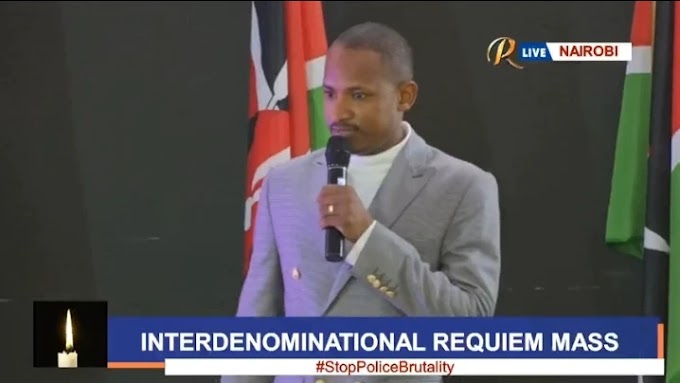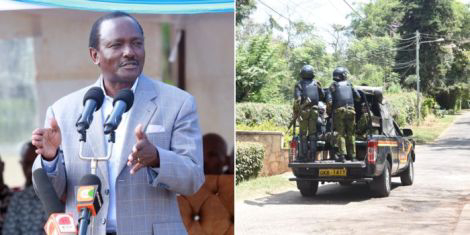In a bid to voice their discontent with President William Ruto's regime and the burden of increased taxes on struggling Kenyans, supporters of Azimio La Umoja took to the streets across the country in a series of SabaSaba rallies and marches. The demonstrations, which gained momentum throughout the day, were met with tear gas and police dispersals.
On July 7, the streets of Kisumu, Mombasa, and Nairobi witnessed empty roads and closed shops as Azimio supporters initiated their protests as early as 10 am. The call for civil disobedience and the Third Liberation, as termed by Azimio's leadership, aimed to galvanize Kenyans against the current state of taxation and its accompanying injustices.
Azimio's top leadership had announced the Sabasaba Rally earlier in the week, denouncing President Ruto's imposition of new taxes while many Kenyans struggled to make ends meet. Raila Odinga, a prominent figure in Azimio La Umoja, stated that the people had reached their breaking point and were no longer willing to be taken for granted or treated as fools. The protests aimed to challenge the regime's actions and rectify the burdensome taxation policies.
The removal of subsidies on essential goods like fuel, maize flour, electricity, and school fees further fueled the anger of the demonstrators. They accused the government of providing subsidies to the wealthy, such as helicopter owners, while neglecting the needs of ordinary citizens.
As preparations for the SabaSaba protests intensified, Nairobi Regional Police Boss Adamson Bungei emphasized that law enforcement would not allow illegal gatherings at Kamukunji Grounds, the main stage for the rallies. Bungei clarified that Azimio had followed due process in convening their Kamukunji meeting, intended as a baraza rather than a demonstration.
Despite the heavy police presence, the protests continued throughout the day. Boda boda operators in Siaya were seen preparing for the demonstrations, with old tires ready to be lit as bonfires. The determination of the protesters highlighted their grievances and their resolve to bring about change.
The SabaSaba rallies signify a growing discontent among Kenyans regarding the economic hardships faced under President Ruto's administration. The opposition-led demonstrations aim to unite the people in their pursuit of justice and a fairer society.
As the day progressed, the nation witnessed the power of collective action and the resilience of the protesters. The demonstrations serve as a reminder that the voices of the people cannot be silenced and that they will continue to demand accountability from those in power.
Subscribe to the Nairobi News Telegram channel to stay updated on the latest developments and handpicked stories of significance. Together, Kenyans strive for a better future, where their concerns are heard, and their rights are protected.












.jpg)









